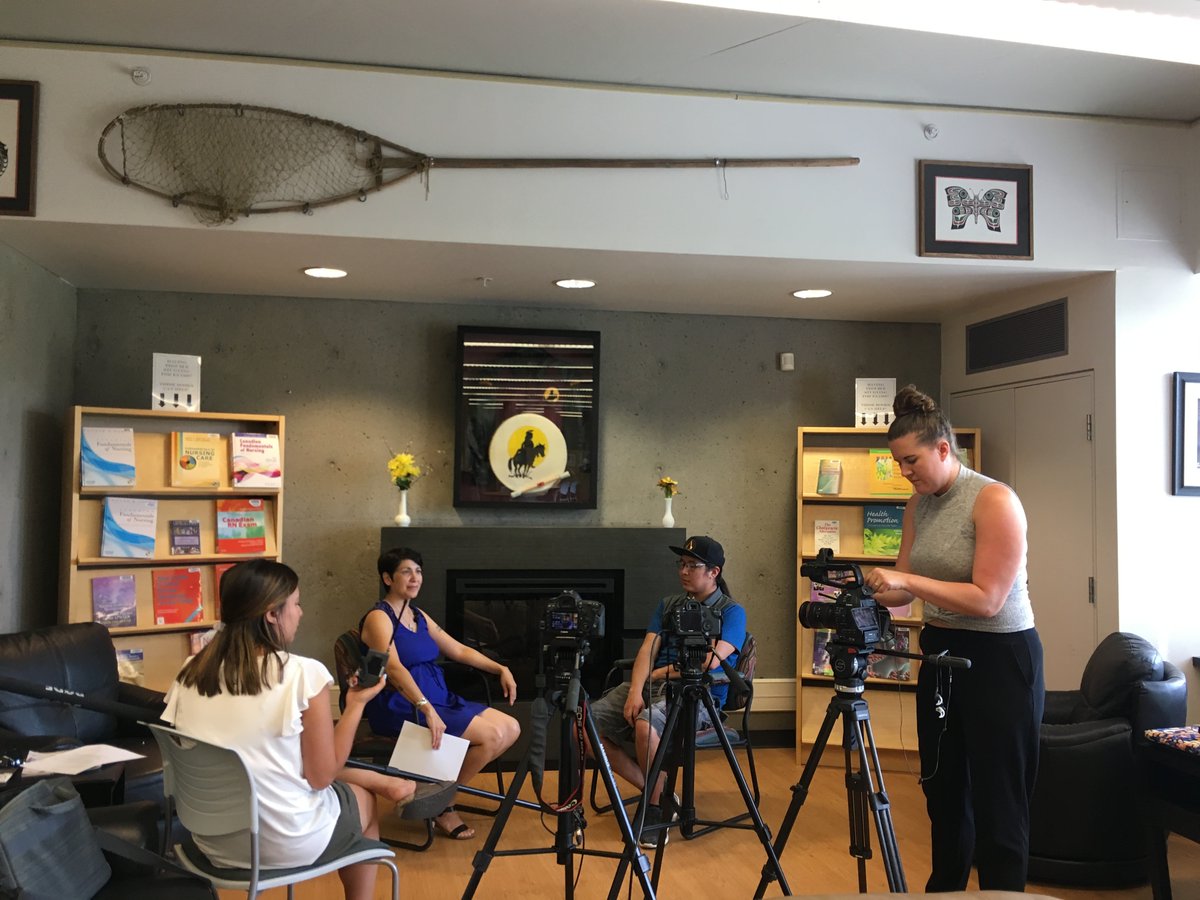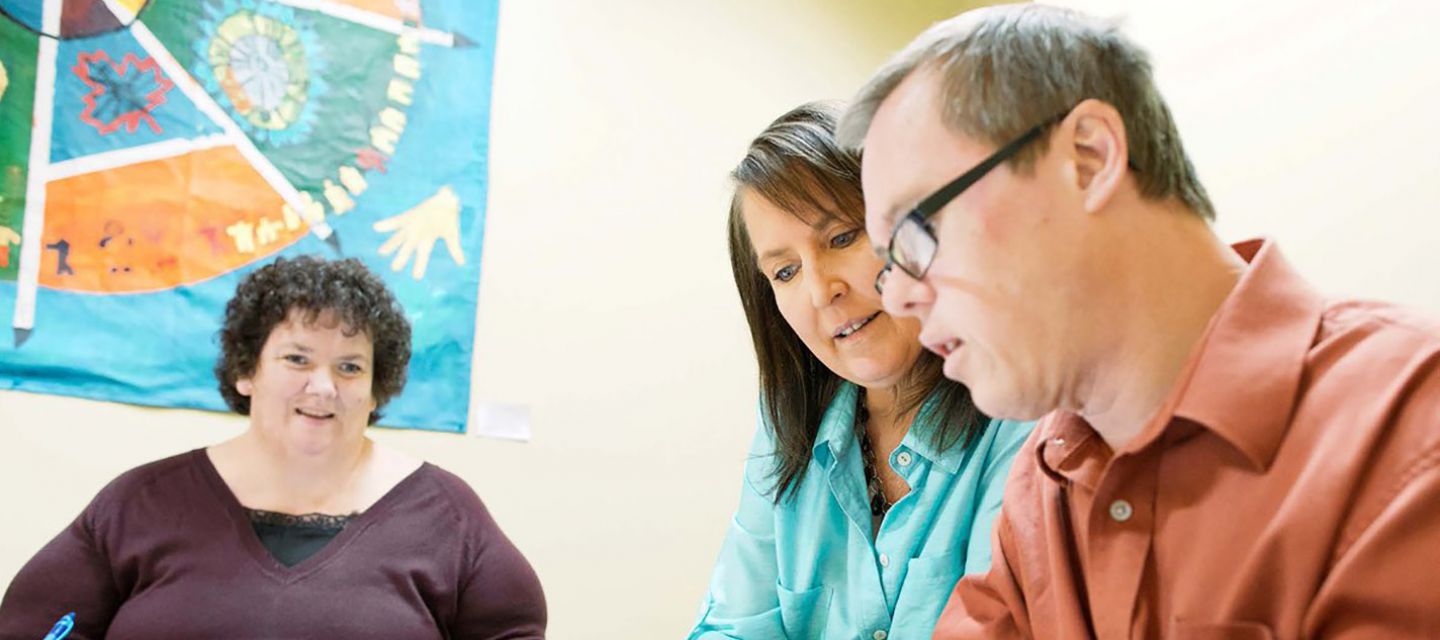For most youth, entering the workforce is a familiar rite of passage on the path to adulthood.
Beyond the financial reward, the process helps to develop a sense of self-sufficiency and independence. But for youth with developmental disabilities, this transitional period brings difficulties and challenges that are rarely even considered or comprehended by others.
The BC Transitioning Youth with Disabilities and Empowerment (TYDE) Project, led by UBC Okanagan School of Social Work Associate Professor Rachelle Hole, aims to change this.
The TYDE Project is an interdisciplinary, cross-sectoral network of partners committed to improving the employment outcomes for transitioning youth with developmental disabilities in British Columbia. The partnership involves researchers from three universities, 11 community organizations, three BC Ministries, and several paid self-advocate consultants, creating a team with knowledge, expertise and experience in a range of areas including behavioral neurosciences, public health, education, psychology and policy development. Through this decidedly innovative and collaborative approach, TYDE aims to help fulfill a Provincial priority to make British Columbia truly inclusive for people with disabilities by 2024.
Individuals with developmental disabilities such as intellectual disability (ID) and Autism Spectrum Disorder (ASD) represent the most unemployed or under-employed category of citizens in Canada, with only 22% reporting some form of paid employment. Those who do manage to join the workforce report that they often receive few hours a week, frequently at minimum wage.
Research has shown, however, that early intervention during high school is key. Factors such as access to inclusive education, early work experiences, and positive expectations from parents and caregivers can significantly improve future employment outcomes.
“The research is very clear”, says Rachelle Hole. “Supporting self-advocates as they transition from school to adult life and giving them opportunities to contribute through meaningful work has enormous benefits for both the individual and the businesses they work for.”
{"preview_thumbnail":"/sites/default/files/styles/video_embed_wysiwyg_preview/public/video_thumbnails/7-mwb9mwadY.jpg?itok=kro5apZx","video_url":"https://youtu.be/7-mwb9mwadY","settings":{"responsive":1,"width":"854","height":"480","autoplay":0},"settings_summary":["Embedded Video (Responsive)."]}
Dr. Rachelle Hole talking about TYDE on being named UBC Okanagan's Health Researcher of the Year 2019
For members of the TYDE project, the word ‘empowerment’ is the central premise behind their method of early intervention. They aim to help youth with developmental disabilities as young as 14 realize what their aspirations and goals might look like, and how to gain valuable communication skills to articulate their abilities to future employers. TYDE is currently in the early stages of creating a highly accessible and interactive online curriculum with innovative learning modules, focusing on enabling participants to expand their career prospects and sense of self-determination. The low-barrier online platform will engage youth with ID or ASD while giving much-needed support to their caregivers as well.

Critically, TYDE’s workforce initiative also aims to increase awareness among employers of the countless benefits that creating inclusive policies brings to employers as well as employees. By focusing on dispelling myths and preconceived concerns that companies may encounter during hiring processes, such as absenteeism or accommodation costs, TYDE is ready to target the heart of BC's workplace and provide a platform of continual dialogue on what it means to be truly inclusive.
This five-year research project has received over 1.3 million in federal funding from the Canadian Institute for Health Research (CIHR) and the Social Sciences and Humanities Research Council of Canada (SSHRC), and is set to launch its first cohort group of 20 youths and 20 parents in the early spring of 2020.
Dr. Rachelle Hole, TYDE Project lead: "What excites me is the diverse range of experiences and viewpoints that colleagues, collaborators and the young people most likely to be impacted are bringing to this project. Together we are hoping not just to empower today’s youth with developmental disabilities to experience the same milestones as their peers in finding their first jobs, but we are also trying to redefine the narrative around inclusive workplace environments that everyone can benefit from for generations to come."
